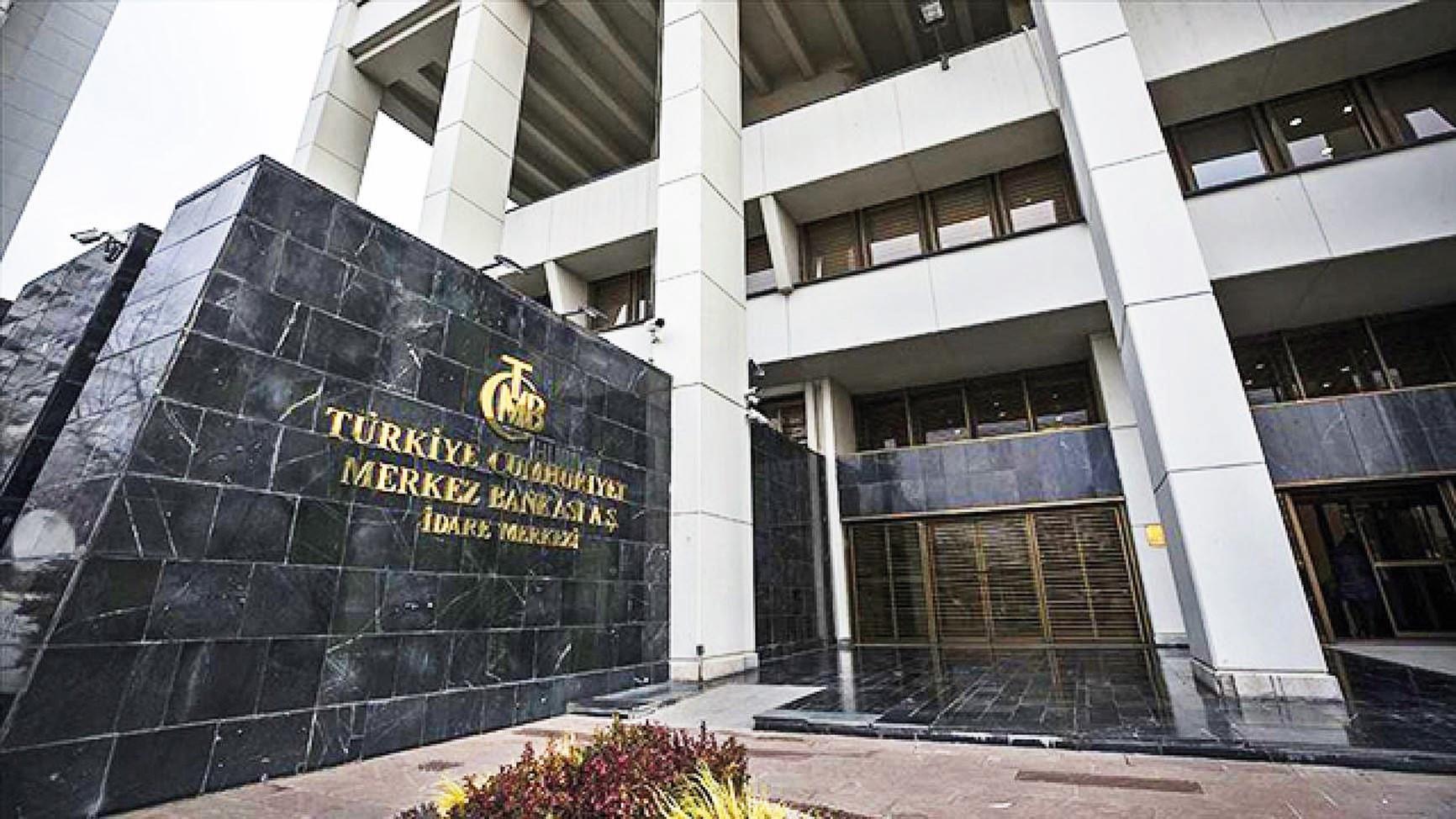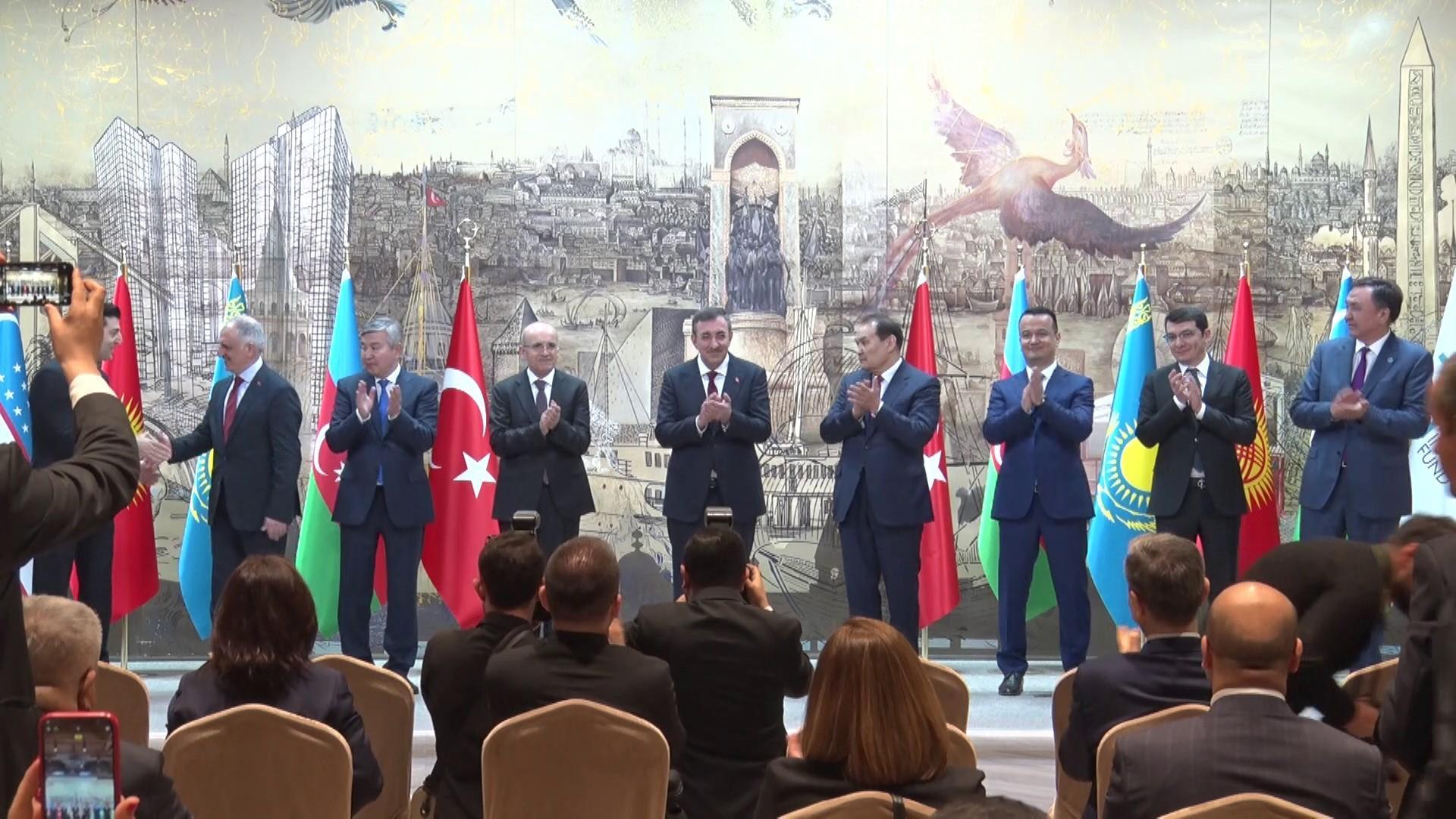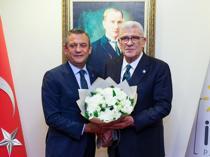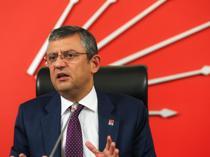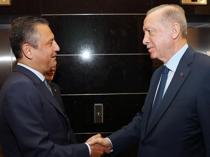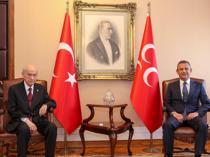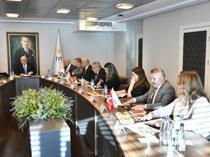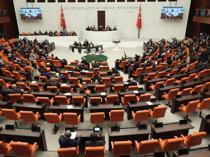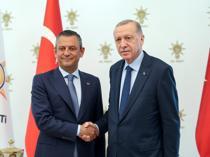Parliamentary speaker hints at extension to charter’s drafting
ANKARA

Çiçek has signaled there could be an extension to the process of drafting a new Constitution on account of a ‘leaders’ tour’ that may begin next month. DAILY NEWS photo / Selahattin SÖNMEZ
Parliamentary Speaker Cemil Çiçek signaled yesterday there could be an extension to the process of drafting a new Turkish Constitution on account of a “leaders’ tour” that may begin at the end of March.Contradicting previous statements by Turkish Prime Minister Recep Tayyip Erdoğan that hinted at a resolution to the process by March, Çiçek told members of the Parliamentary Correspondents’ Association yesterday that it may take a little longer than planned to successfully garner the agreement of all four major parties, while urging all to focus more on the work at hand.
“It has been 245 days since the work began. There were religious holidays in there and party gatherings as well. The commission worked the entire day for only 87 days. Ninety articles were discussed and prominent work has been done in that three-month period. It could be brought together from now on. When the end of March comes, let’s work 10 hours instead of five and let’s bring forth the text,” Çiçek said.
Çiçek said a little effort may increase the number of provisions agreed on by all parties.
“Four political parties that represent 95 percent of this country have expressed their desired views for the Constitution. More than 90 matters have been discussed and there is agreement on at least on one-third of them. I believe that the same amount of issues can be finalized in agreements with a bit more vigorous effort,” Çiçek said. “Nobody can build a separate world according to his or her choices. We are all building a world and making a Constitution together.”
It is a must that parties agree on crucial subjects like the presidential system, Çiçek said. The judicial process, too, has been the focus of concerns of the involved parties and Çiçek admitted that it needs to be changed.
“There are problems between the powers as they interfere in each other’s zones of authority. For example, there are proposals from the parties concerning the judiciary. This means that there is a problem in the field of the judiciary, leading parties to make these proposals,” Çiçek said.
The new Constitution, however, will not be the end of all of Turkey’s problems, said Çiçek.
“We may not be able to create the perfect charter [according to the desires of every party]. We’re not trying to make a Constitution for each of us. We’re trying to make one for us all. The Constitution is a social contract. It is the contract by which we all organize our lives. A new Constitution, I must say, does not mean a Turkey with zero problems,” Çiçek said.
“It isn’t true that the charter is the cause of all problems in Turkey,” he said. “But if we change it, we may fix those problems that stem from it.”
Erdoğan previously said he may put the Constitution to a referendum if the process is delayed further.
“If the Constitution cannot be agreed on, then I will put it to a referendum,” Erdoğan said during a Parliamentary group meeting Jan. 30. “The minute we have enough strength for a referendum we will take it to the people.”


